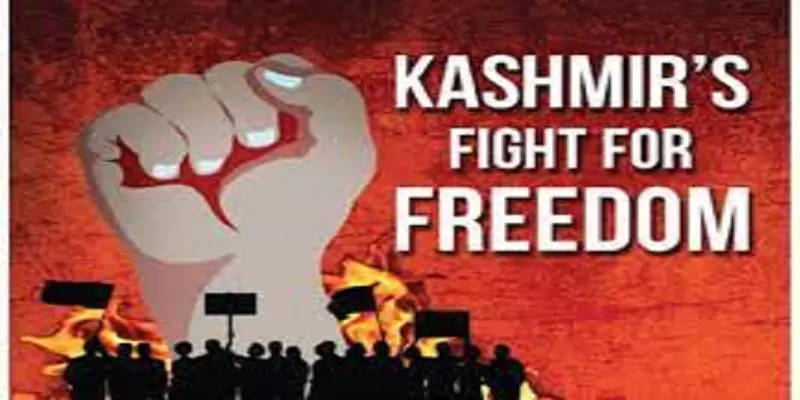Kashmir's Struggle the Complex Tapestry of Conflict
Since the beginning of Pakistan, Kashmir has been the point of conflict between India and Pakistan. The Kashmiris' have been fighting a constant fight for the right to be independent of India Since 1947, but when they began using guns to fight for their liberation, a new phase of history started. It was the controversial 1987s elections when a few members of the state assembly constituted militant wings. This led to the beginning of an armed insurgency that erupted in Jammu and Kashmir that claimed thousands of deaths. The constant violence, human rights infringement, and the resulting resentment added fire to the blaze. Besides this, there are other causes, such as the mujahedeen's religion-based political rights influence and the role played by Pakistan, which pushed Kashmir into an armed struggle to eliminate Indian influence.
If we examine the background, we will see that there were differences arising from the partition process and that violence caused problems, one of which was a settlement of borders and admission of states. Kashmir was the first state to be recognized as the centre of the four major military conflicts between Pakistan and India. The violence and violations of human rights violations in Jammu and Kashmir were the main factors in the liberation struggle. The total number of Indian troops in Jammu and Kashmir is around six thousand, who have engaged in violence and violations in violation of rights. They were under powers that permitted them to limit civil liberties. The human prosphora case in 1991 is the most infamous human rights abuse.
Jammu, as well as Kashmir, is a Muslim-majority region and perhaps the only Muslim-majority state in Hindu majoritarian India. However, India has always favoured Hindus against Muslims. This has heightened the sense of deprivation, which ultimately caused the use of weapons in the fight for freedom.
The Invasion of Afghanistan by the USSR brought insurgency to the forefront. The mujahedeen fighters Lashkar, the e taiba josh Muhammad, and the Harkatul Mujahedeen were among the main splinter groups. They all have distinct objectives in Kashmir. Some wanted total freedom for Pakistan and India, and some wanted unity with Pakistan. The Islamisation policy implemented by Zia ulHaq contributed to the spread of the theoretical Islamic doctrine within Jammu and Kashmir.
When we consider it from the perspective of Pakistan's foreign policy, Pakistan has always helped Kashmir's cause through armed forces and insurgency. Pakistan has utilized the international forums as a diplomatic tool and supported mujahedeen and numerous other splinter organizations. After the 9-11 attacks, Pakistan's foreign policy was altered. It also stopped assisting Kashmir in its independence struggle, just as it did throughout the past. Different political parties and military wings were formed that played an essential part in Kashmir's freedom movement. Since the partition of Kashmir, they have been fighting for independence, but the violence and human rights violations have increased following the Russian attacks.

